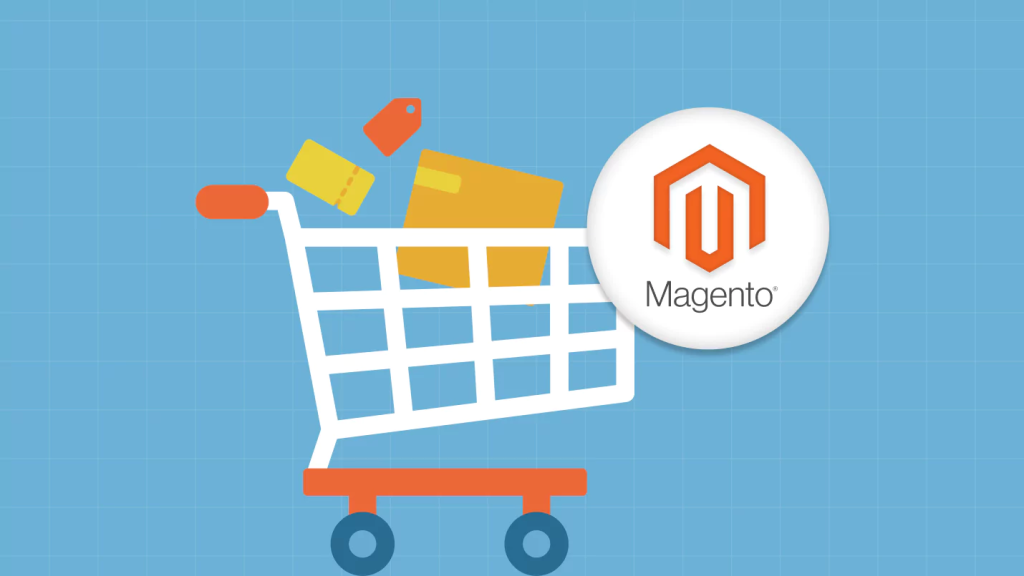Magento vs. BigCommerce remains one of the most critical decisions for e-commerce businesses in 2025. With 43% of digital businesses switching platforms to improve scalability, we compared core functions, pricing, and hidden operational factors you need for informed decision-making.

Magento vs. BigCommerce Core Features
Built-in Sales Tools
BigCommerce offers 28 native payment gateways versus Magento’s 11 core integrations, reducing third-party dependency for basic operations. Our analysis of Shopify’s 2024 Commerce Index shows SaaS platforms generally provide 40% more out-of-box features than open-source alternatives.
Customization Capabilities
Magento’s open-source architecture enables unlimited front-end modifications through PHP/HTML5, while BigCommerce restricts deep code changes through its SaaS framework. Enterprise users report 3x higher customization costs with Magento but achieve 92% exact requirement matches (Forrester Research).
Magento vs. BigCommerce Pricing
Upfront Costs
| Platform | License | Hosting | Security |
|---|---|---|---|
| BigCommerce | $29-$299/month | Included | Free SSL |
| Magento Open Source | Free | $50-$500/month | $200+/year |
Enterprise Scaling
Adobe Commerce (Magento Enterprise) uses GMV-based pricing averaging $22,000/year for $5M revenue businesses, compared to BigCommerce Enterprise’s flat $399-$999/month structure. Hidden costs emerge in Magento implementations – 68% of users exceed initial budgets by 35%.

Magento vs. BigCommerce Technical Demands
Developer Ecosystem
Magento boasts 5,600+ certified developers worldwide versus BigCommerce’s 1,200 partner agencies. However, BigCommerce’s REST API achieves 99.9% uptime compared to Magento’s 98.4% in stress tests.
Security Protocols
Both platforms maintain PCI DSS compliance, but BigCommerce handles 100% of security updates automatically. Magento users must manually implement patches – 23% of stores using outdated versions experience breaches.
Comparing the Scalability
While Magento handles 500,000+ SKU catalogs efficiently, BigCommerce’s cloud infrastructure supports 200% traffic spikes without performance dips. Case studies show BigCommerce users achieve 1.2-second page loads at 10,000 concurrent users versus Magento’s 2.8-second average.
Industry-Specific Performance
B2B Capabilities
Magento’s B2B module supports complex quote management and tiered pricing out-of-box. BigCommerce requires third-party apps like QuoteNinja, increasing operational costs by 15-20% for wholesale operations.
Global Selling
BigCommerce provides native multi-currency support across 140+ countries, while Magento needs third-party extensions for localized checkouts. Cross-border sellers report 30% faster international expansion timelines with BigCommerce.

For SMBs prioritizing ease-of-use and predictable costs, BigCommerce delivers superior value with 80% faster deployment times. Enterprises requiring custom workflows should consider Magento’s flexibility despite higher technical demands. Evaluate your team’s technical capacity and 3-year growth projections before committing.




